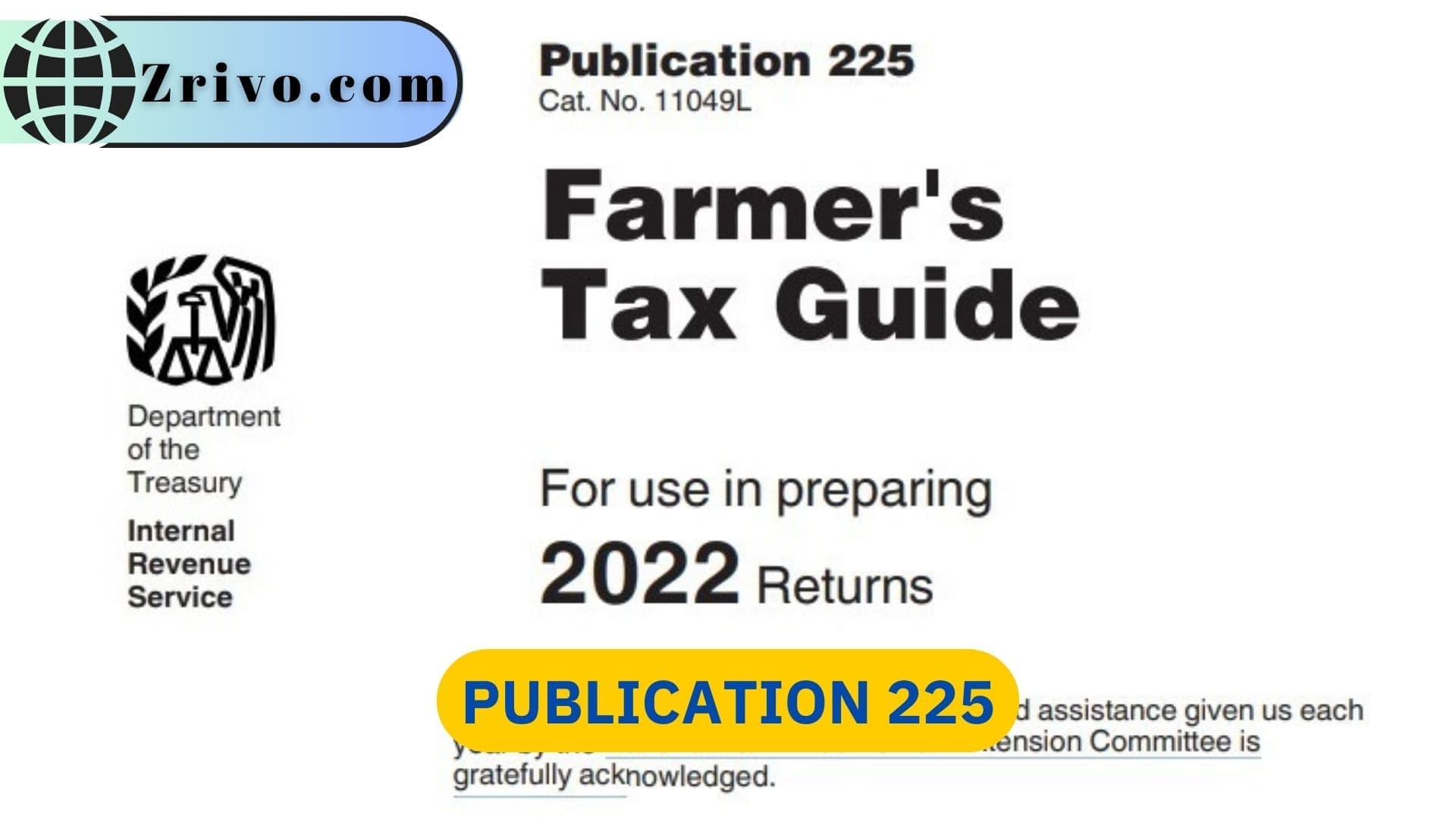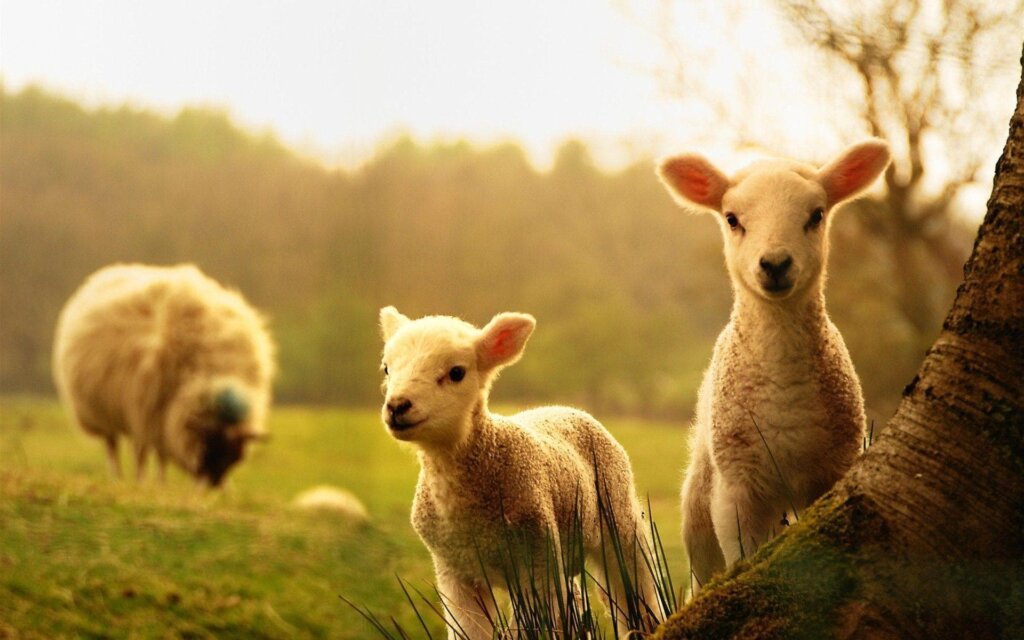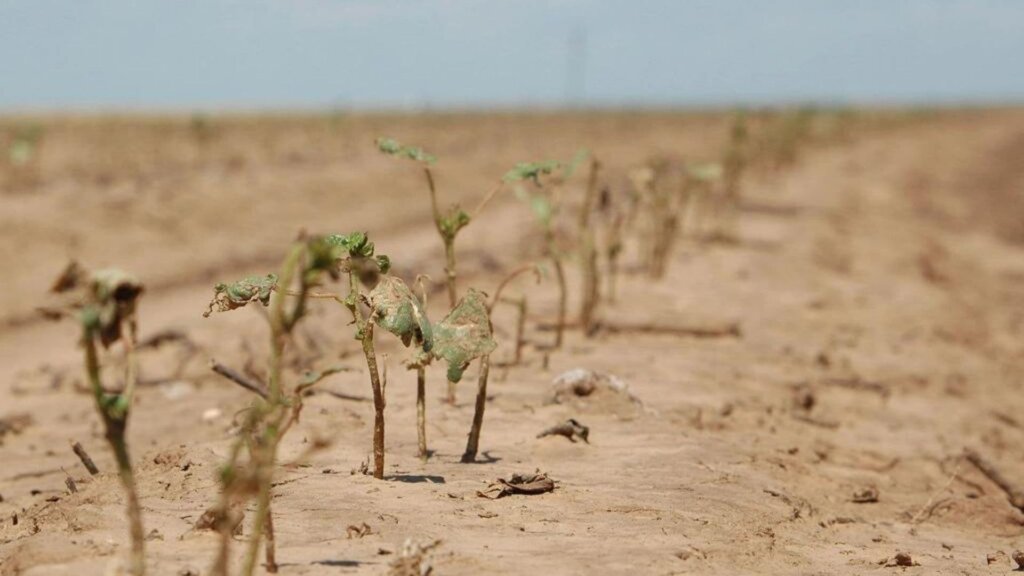
Publication 225 is the Farmer’s Tax Guide, written by the IRS to help farmers understand how federal tax laws apply to their businesses. It covers various topics, including livestock, dairy, poultry, fish, fruit, greenhouses, sod, vegetable, field crops, and flowers. If you are a farmer, you must review this publication. It may not be the most exciting reading, but it will make the process of filling out your 2025 tax return much easier if you have read this and reviewed all of the other federal tax forms and publications you need to complete it.
Publication 225 contains explanations and examples that reflect the Internal Revenue Service’s interpretation of tax laws enacted by Congress, Treasury regulations, and court decisions. However, it does not cover every situation and may not apply to all taxpayers.

Can I Deduct Taxes on Farm Animals?
Animals kept for their produce, labor, or meat are often called “livestock.” Some of the most popular animals are cattle, swine, goats, sheep, and poultry. They all provide valuable products and services that can make your farm a successful venture. Livestock can range from small to large and require different care and attention. They are often raised for their produce, meat, milk, or wool. They also have several perks that can be worth claiming on your taxes.
- The IRS considers livestock as a business when they are kept on your property and used for your farming needs, such as feeding crops, breeding, and processing.
These expenses are deductible, and the amount can vary depending on your situation. The best way to claim your farm animals on your taxes is to keep track of all expenses related to them. This includes food and vet bills plus costs associated with housing, grooming, training, and transportation. The IRS even allows you to deduct some of your rent and lease costs if they are ordinary and necessary for running your business.

How Many Years Can You Show a Loss on a Farm?
Generally speaking, you can show a loss on your farm if it’s small and infrequent. The tax authorities aren’t picky, but you do have to be a bit more conservative with your finances if you want to keep your doors open and your crops growing. Aside from showcasing your impressive farming acumen, the IRS has a few other criteria to consider before giving your business the thumbs up.
You can claim losses on your farm if you’re careful to keep records of the monetary and non-monetary values. Limiting your losses to a percentage of your overall annual net income is the rule of thumb. It’s also a good idea to keep track of your non-taxable gains, especially if you’ve been in the business for some time.